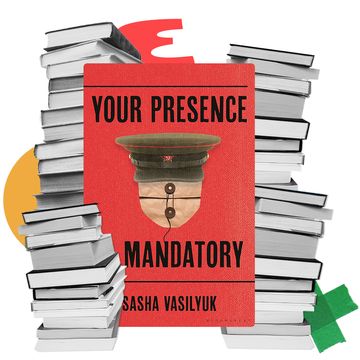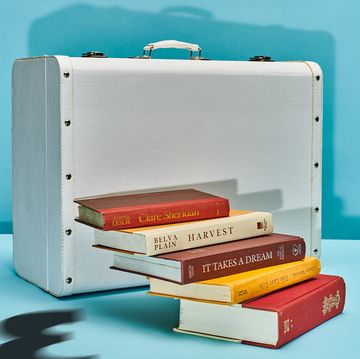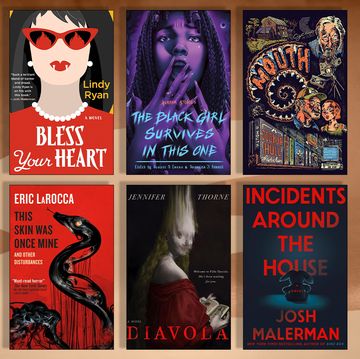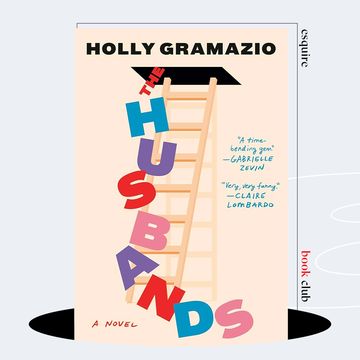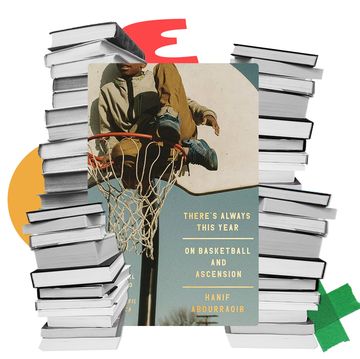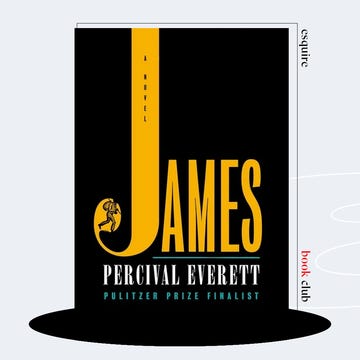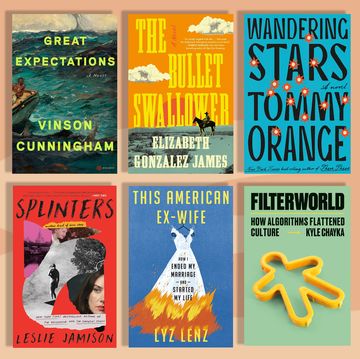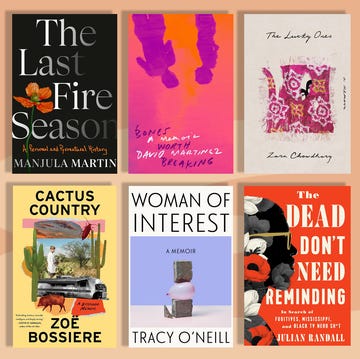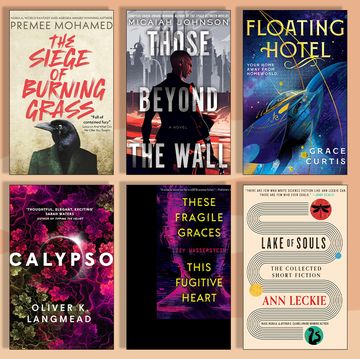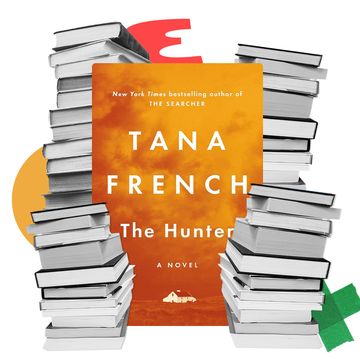PLUS: The 6 Best Books for Fathers on Father's Day >>
The movement to boycott Amazon has been picking up speed for several weeks now. In the wake of strong-arm tactics in its negotiations with Hachette publishing, Amazon has managed to offend the actual writers whose books Hachette publishes, including Malcolm Gladwell, James Patterson, and JK Rowling. That wouldn't matter so much if one of them wasn't Stephen Colbert. He has promoted stickers that viewers can download from his website, which read, I DIDN'T BUY IT ON AMAZON. Amazon has responded by telling customers that anybody inconvenienced by the battle with Hachette should buy books elsewhere.
Until publishers decide to start a competitor website selling books, which eventually they are going to have to do, anyone wanting to follow Colbert's or Amazon's advice ought to venture into actual physical bookstores. Unfortunately, by now, purchasing print books in a brick-and-mortar building is something of a lost art, like taking snuff or drinking brandy after dinner. Which is not to say that it's not worth doing. Quite the opposite. Buying books in a bookstore is one of life's great, quiet pleasures. It leads to the purchase of better books. It leads to a deeper relationship to reading. It is a joy in and of itself.
Therefore, for those who need reminding, and for those who perhaps are too young ever to have been in a bookstore, a short guide to buying books in them:
1. Take your time.
In every bookstore, there is a book that is perfect for you, right now, at this exact moment of your life. That book will change you. Your job is to find it. It probably won't happen right away. When you go to a bookstore, schedule a good half-hour there. You spend half an hour at the barber don't you? You can spend at least the same amount of time looking over the life's work of strangers who only want to make something you'll love.
2. Do not go into a bookstore just to pick up a title.
The new Glenn Greenwald book? The latest Knausgaard volume? They'll probably have it. But if you want something unusual, they might have it and they might not. In the past, what you used to do is "put a book on order." The book would then arrive, with luck, inside a couple of weeks, at which point the customer had to go back to the bookstore to buy it. The pain of this process was the entire reason Amazon was started. The best reason not to go into a bookstore with a title in mind is that the book in a bookstore that you want is the one you don't know exists. That's the beauty of bookstores. They are labyrinths to get lost in.
3. Ask the people who work there.
In my experience, most of the people who work in bookstores are either about to be writers or are failed writers. Bookstore people ("employees" always seems like the wrong word to me) know what is happening in the world of books more than reviewers or publishers or authors themselves. In smaller bookstores — and as far as I'm concerned, the smaller the bookstore, the better — virtually everyone knows a great deal indeed about what books are going to fit what people. You have to be choosier in big-box bookstores, those Blockbusters of the mind, where at least a portion of the staff aren't so much "in books" as they are "in retail." I advise finding the man or woman with the weirdest glasses. They're usually sulking around the poetry section or around the back, where they can cadge an extra smoke. Those are the ones who usually know what's good and what's not.
4. Buy more than you think you're going to read.
People make a big mistake going into a bookstore and purchasing a single volume. A good book arrives when the mood for it has arrived in the reader. And who can know his own moods? You should buy a whole bunch of books and then see how each strikes you. The plain fact is that a softcover book is one of the best value purchases in the world. If you buy four books and spend $60, you are going to get $60 worth of value if even one of them is worth reading. A good measure is to compare the price of a book to the price of food at a sporting event. I once bought a $26 beer at a hockey game. Suddenly $26 for a book doesn't seem exactly unfair, does it?
A good bookstore isn't just a place to buy books. The really good ones are bespoke tailoring for your narrative impulse. And that experience, it's worth pointing out, is available in every town, and it's free. The real problem with Amazon isn't that it's strong-arming Hachette; it's that it leads readers to buy books that they've already heard about. When you pick out a summer novel for yourself online, you're going to pick the book that everybody else is reading, almost automatically. But the book that you want probably isn't Freedom by Jonathan Franzen. It probably isn't another James Patterson. A good seller in a bookstore is infinitely superior in every way to a personalization algorithm. Even by entering a bookstore, you're faced with literally a thousand choices that you've never been faced with before. Somewhere in there is something that's entirely fresh to you, and will reward your soul by exposure. That's what good books do, and good bookstores, too. They let you step out of your algorithm.


